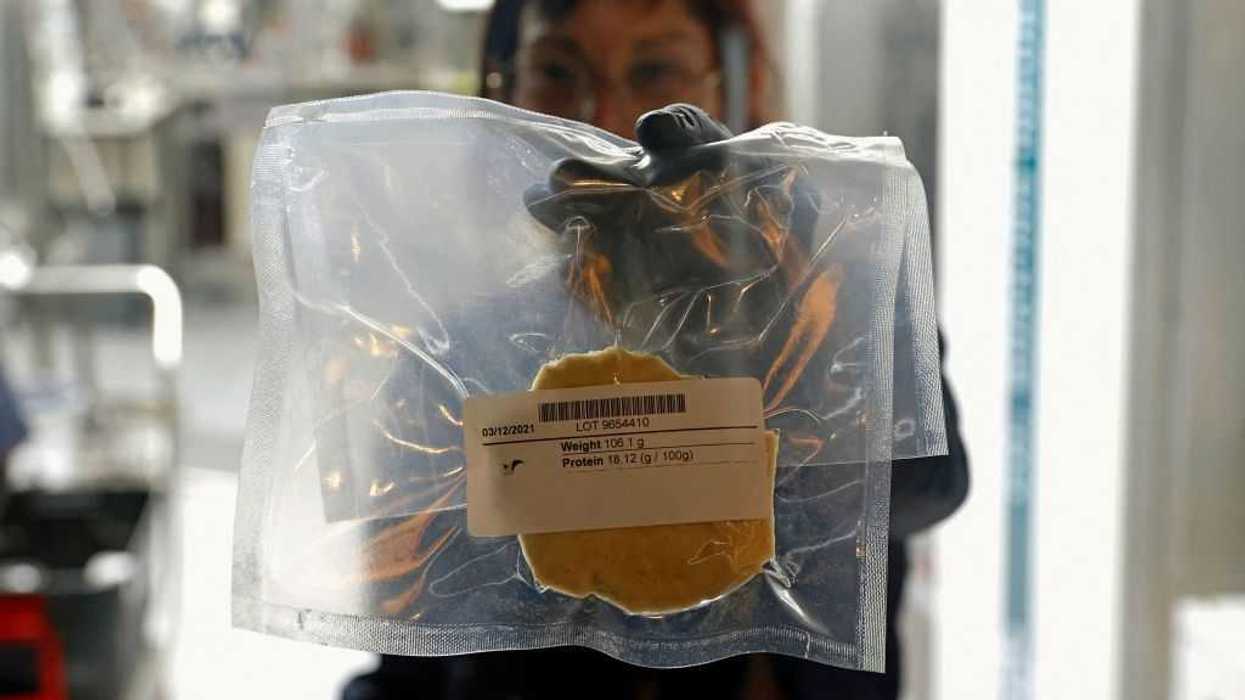
© 2026 Blaze Media LLC. All rights reserved.
Why Is Privacy of Personal Facebook Messages Being Called Into Question -- Again?
October 05, 2012

A rumor that Facebook was revealing your private messages on Timeline was recently raised and debunked, but a new concern regarding private conversations and the potential for "'like' fraud" has come to light.
The Wall Street Journal reports that Hacker News has revealed a method that "let's you pump up to 1800 'Likes' in an hour." How is this done? Hacker News posted a video showing the exploit, revealing that including links in private messages -- if these links had a "like" button associated with them --would increase the "likes" on that actual page by two.
(Editor's Note: The YouTube video was taken down for "depiction of harmful activities." The group posted a version of it on Vimeo as well, but TheBlaze is not embedding the video to show how the hack works because it includes graphic, NSFW photos.)
The Next Web's Emil Protalinski explains the implications of this exploit as such: "Facebook is monitoring your private messages for links that have Like buttons and should be increased."
The Hacker News users' video states that they see this as leading to "'like' fraud."
Facebook has responded saying that there was a bug identified in the system that was accidentally counting one "like" or "share" of a link or post as two. It states it is working to fix this. But in a statement reported by WSJ and others, Facebook emphasized that "no private information has been exposed." Meaning, if you receive a message containing a link that has a "like" button, you are not automatically "liking" this item on your Timeline.
"Many websites that use Facebook’s ‘Like’, ‘Recommend’, or ‘Share’ buttons also carry a counter next to them. This counter reflects the number of times people have clicked those buttons and also the number of times people have shared that page’s link on Facebook,” including over private messages," Facebook said in a statement.
Still, Paul Shea for Value Walk writes it's probably news for many that the "like" counter is not just measuring clicks but sharing content as well -- in the form of private messages in this case. Protalinsky for TheNextWeb outlines the specifics for how this works:
[...] on the Like button Web page over on Facebook Developers, the social networking giant says the number shown on a Like button is the sum of:
- The number of likes of this URL.
- The number of shares of this URL (this includes copy/pasting a link back to Facebook).
- The number of likes and comments on stories on Facebook about this URL.
- The number of inbox messages containing this URL as an attachment.
Shea writes that Facebook has "not crossed a line with this latest news, any more than they have on hundreds of other occasions." Shea says he only expects the company will continue to experience backlash over privacy concerns "for as long as it operates."
Related:
- Would You Pay for More People to See Your Facebook Posts? Now You Can
- 'Credibility Is Dissipating': Do You Trust Google or Facebook?
- Are Facebook's Design Improvements Tricking You Into Giving Up Privacy?
- Facebook's Proposed Privacy Policy Updates Expand 'Data Collecting Tactics'
Featured image via Shutterstock.com.
Want to leave a tip?
We answer to you. Help keep our content free of advertisers and big tech censorship by leaving a tip today.
Want to join the conversation?
Already a subscriber?
more stories
Sign up for the Blaze newsletter
By signing up, you agree to our Privacy Policy and Terms of Use, and agree to receive content that may sometimes include advertisements. You may opt out at any time.
Related Content
© 2026 Blaze Media LLC. All rights reserved.
Get the stories that matter most delivered directly to your inbox.
By signing up, you agree to our Privacy Policy and Terms of Use, and agree to receive content that may sometimes include advertisements. You may opt out at any time.






